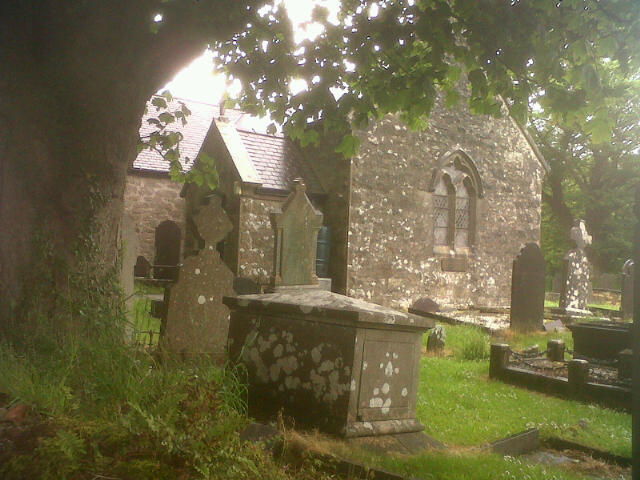LINDISFARNE
In the foyer of the Lindisfarne Hotel, where we are staying,
we are treated to the owner`s Ross Noble patter, a rehearsed routine of welcome
and instruction. `Hokey-cokey,` he begins. “Now we do serve aperitifs and
canapes,” he continues, producing a pair of false teeth and a can of peas from
under the desk. We have heard the joke before, but still he somehow has a way
of making it funny. True corniness is perhaps an underestimated art.
“Have any of yous folk been here before?”
Tentatively, I admit that I have, hoping not to be the foil
of a further set of quips.
“Well, then, you`ll know all about the tides…”
Lindisfarne of course becomes an island when the tide comes
in and the causeway is covered. We know this well, having done a due amount of
research – easy on the internet these days – but nevertheless we enjoy his
cautionary tales of cars lost in the mud etc.
He gives us a quick run-down of the places to visit in the
village, giving due praise or blame in the quick flow of his Geordie rhythms.
“The museum reminds me of my school report,” he says, “could
do better. The best crab sandwiches are at the post office. The winery gives
free samples, so if one of yous keeps the assistant talking the rest can get
drunk for free.”
He continues until other customers arrive and then begins
the routine again with them.
“We do serve aperitifs and canapes…”
Amidst the jokes it is actually quite informative, and
certainly the bit about the crab sandwiches turns out to be true.
But of course I have been here before. I came here in 1989, with
my two sons, Joseph and Daniel, then eight and six, a few months after my
marriage to their mother had broken down. It was our getaway, three against the
world. We stayed at the Victoria Hotel in Bamburgh, and visited Alnwick and the
parks; just as, at a similar age, my
elder brother and I had been brought to Northumberland by my parents on
holiday.
It was a foul day, I recall, when we ventured across the
causeway and followed the road, at the very margin of the high tide, into the
village. We went through the Priory and then out to the castle tor, with its wild
wind coming off the North Sea, so ferociously that I had to hold onto Daniel
tightly with my arms for fear that he would be blown away.
Today, the weather is much more benign. Out on the
shore-line, I notice, people have built cairns of the boulders and stones of
the shore, some of them as much as five or six feet high, intricately made, and
interlocked like dry-stone walls, to resist the weather.
It is twenty six years since I came here with my sons.
Twenty two years later, Daniel lay on his death-bed in a hospital in
Macclesfield, his liver destroyed by drink, his organs failing so quickly that
even the doctors were shocked and knew not what to do.
If I had built a cairn, that day, in the foul weather of a
day in August, would it still be here now?
Or if only I could have held onto him always as tightly as I
did that day.

Comments
Post a Comment